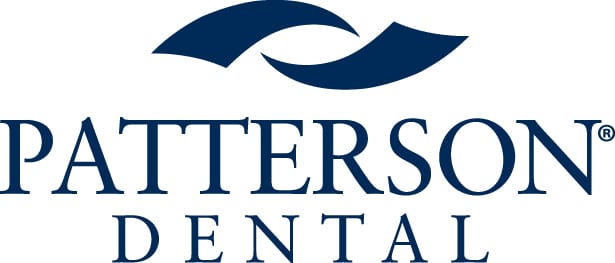Interviewer: Tanya Sue Maestas, DDS
Interviewee: Jonathan Miller
Edited By: Candy Velez – CRDH, BSDH
As a dental professional, the decision to start your own practice or acquire an existing practice is a crucial one.
Both options have their pros and cons, and it ultimately depends on your personal goals and vision for your dental career.
In this article, we will explore the insights shared by Jonathan Miller, a dental business expert, on the topic of startups versus practice acquisition.
We will delve into the key themes discussed and analyze their implications for aspiring dental practice owners.
The Power of Conviction: Dental Startups for Visionaries
According to Jonathan Miller, if you have a strong conviction and a clear vision of what you want your dental practice to be, then a startup is the way to go.
Startups offer the opportunity to make all the decisions and create a practice that aligns perfectly with your vision.
Miller compares it to a bespoke suit, where every detail is tailored to your preferences. He emphasizes the importance of knowing exactly what you want and being able to make decisions along the way that reflect your desired outcome.
However, Miller acknowledges that not everyone has this level of conviction or clarity about their vision.
Some dentists may find it challenging to articulate their ideal practice and may prefer a more structured approach. In such cases, practice acquisition can be a viable option.
Keep Reading: 10 Steps to Starting Your Own Dental Practice
The Safety Net of Dental Practice Acquisition
For dentists who are unsure about their vision or prefer a more secure path, practice acquisition provides a safety net.
Acquiring an existing practice comes with the advantage of established cash flow, an existing team, and an established patient base. It allows you to step into a practice that has already made decisions similar to what you would have made, making the transition smoother.
Miller highlights that the key benefit of practice acquisition is not just the cash flow or the existing infrastructure, but the ability to inherit someone else’s decisions.
By finding a practice that aligns with your values and goals, you can make minor modifications and put your stamp on it without disrupting the cash flow.
This can be a more comfortable option for dentists who are not as confident in their decision-making process or who prioritize stability over complete creative control.
Keep Reading: Choosing to Acquire a Dental Practice
The Pitfalls of Trusting the Wrong Advice
One of the common mistakes dentists make when considering startups or practice acquisition is not knowing who to trust or where to turn for guidance.
Miller cautions against relying on friends or acquaintances who have limited experience or success in the field. He compares it to seeking parenting advice from someone who has only been a parent for a few months.
Instead, he advises finding someone who is actively doing what you want to do and has achieved success in that area.
It is crucial to seek out mentors or advisors who have a track record of success and can provide unbiased guidance.
These individuals should be actively involved in the dental industry and have a deep understanding of the challenges and opportunities that come with startups or practice acquisition.
By finding the right mentor, you can gain valuable insights and avoid costly mistakes.
The Importance of Early Bank Conversations
When it comes to financing your dental practice, it is never too early to start having conversations with banks.
Miller suggests preparing for ownership at least a year in advance. By approaching banks early on, you can understand their requirements and timelines for approval. Even if you are not ready to secure a loan immediately, you can gather valuable information about what you need to do to meet the bank’s criteria.
Miller emphasizes that the worst thing a bank can say is that you are not ready yet. In such cases, you can ask for specific feedback on what you need to improve or achieve to become eligible for a loan.
By starting the conversation early, you can create a timeline and work towards meeting the bank’s requirements.
It is important to note that loan approvals have an expiration date. However, as long as your profile remains relatively unchanged, you can reapply for approval when you are ready to make the final decision on a startup or practice acquisition.
The only factor to consider is the potential movement of interest rates, which can impact the cost of borrowing.
Dental Startups vs. Practice Acquisition: Consider What You Want Your Future To Look Like
The decision to pursue a startup or practice acquisition is a significant one for dental professionals.
It requires careful consideration of personal goals, vision, and risk tolerance.
Ultimately, the choice between a startup and practice acquisition depends on your individual circumstances and aspirations.
By carefully considering the insights shared by Miller and seeking guidance from trusted mentors, you can make an informed decision that sets you on the path to a successful dental practice.
Photo by Andrea Piacquadio


